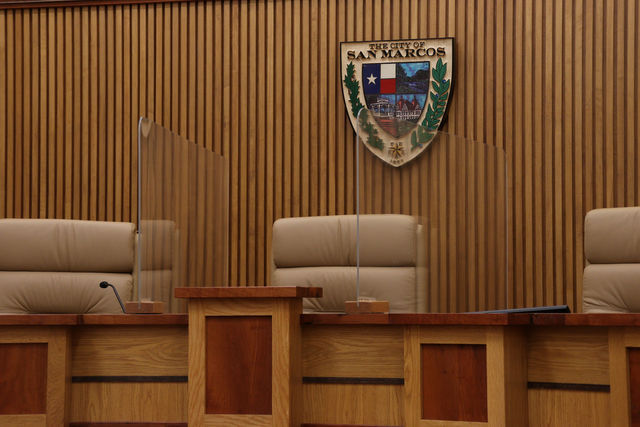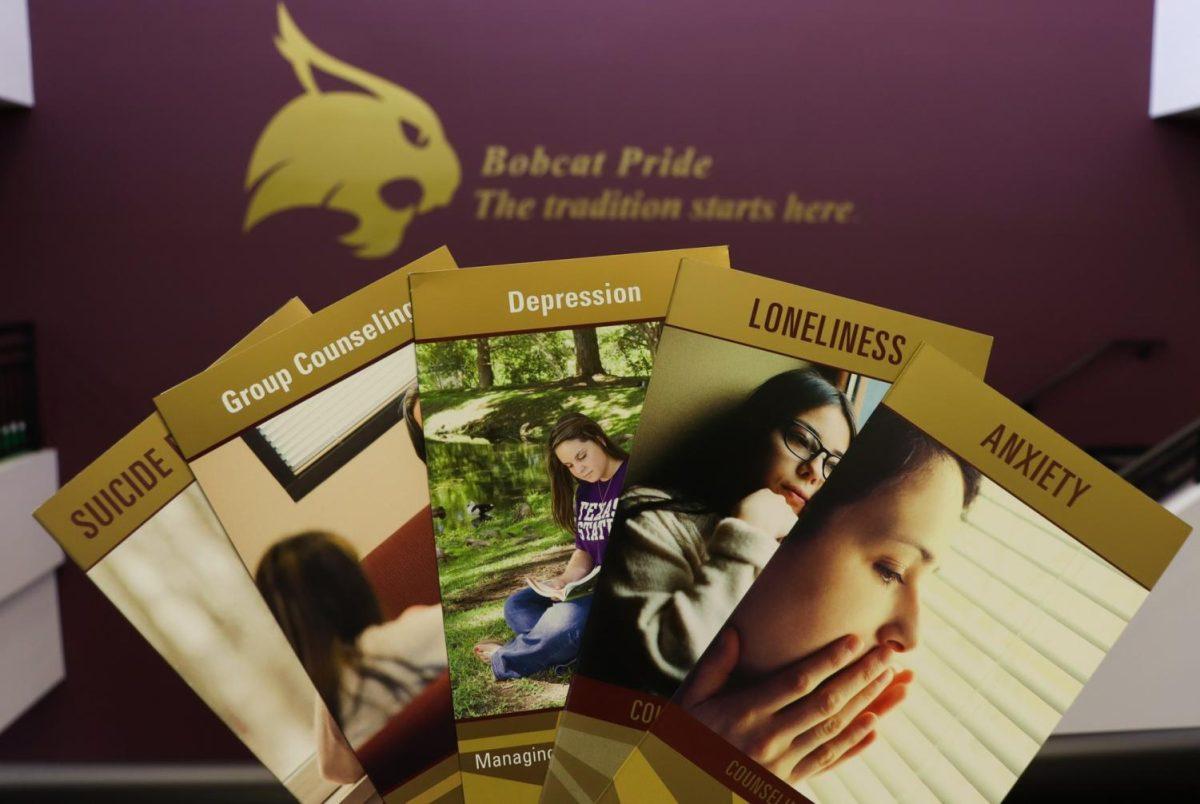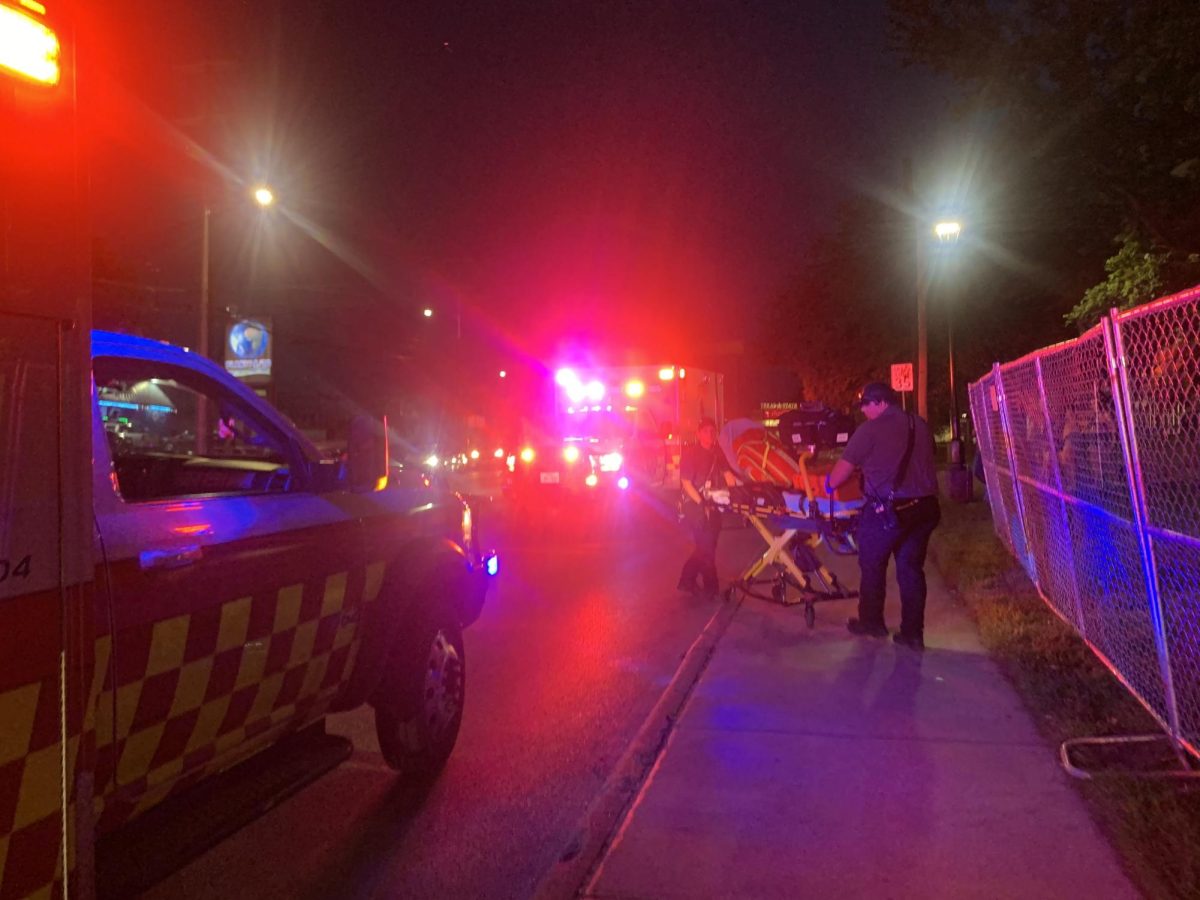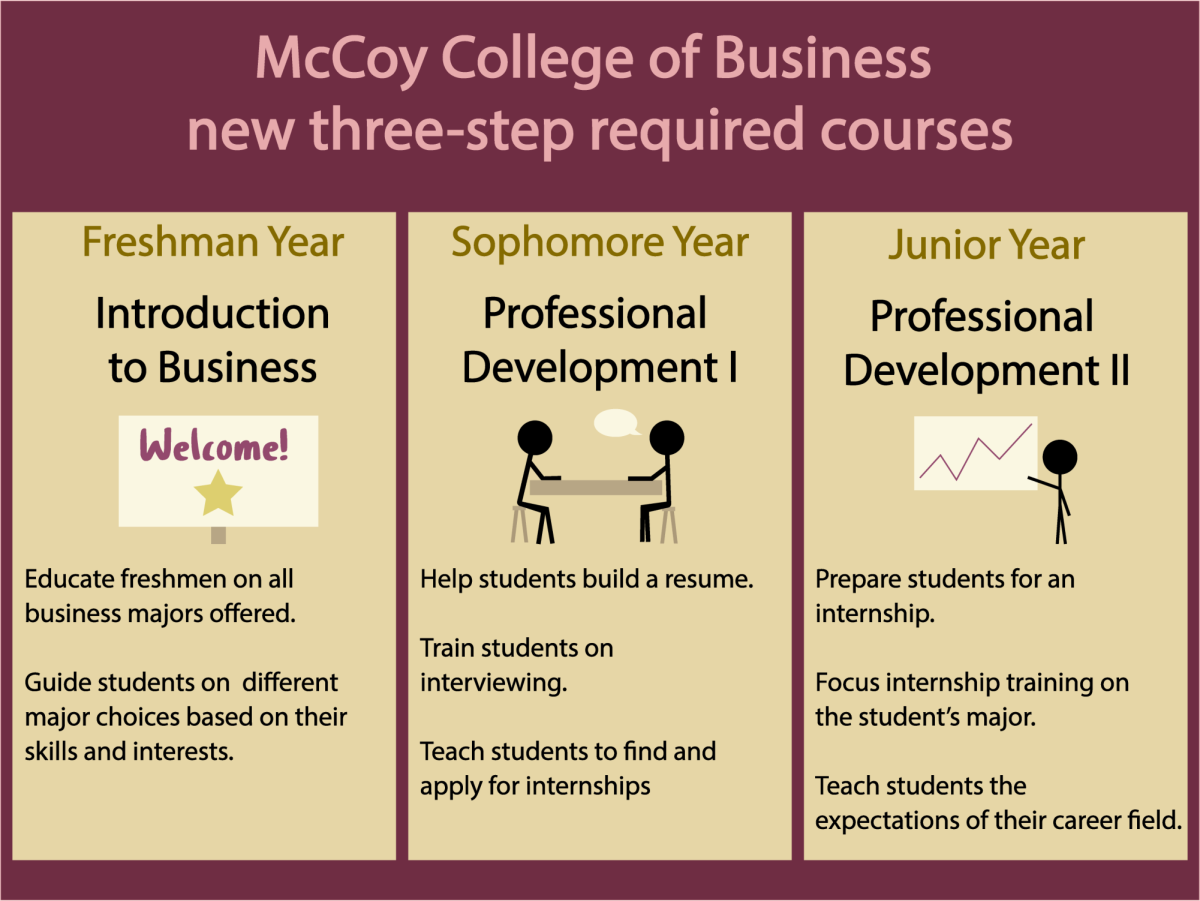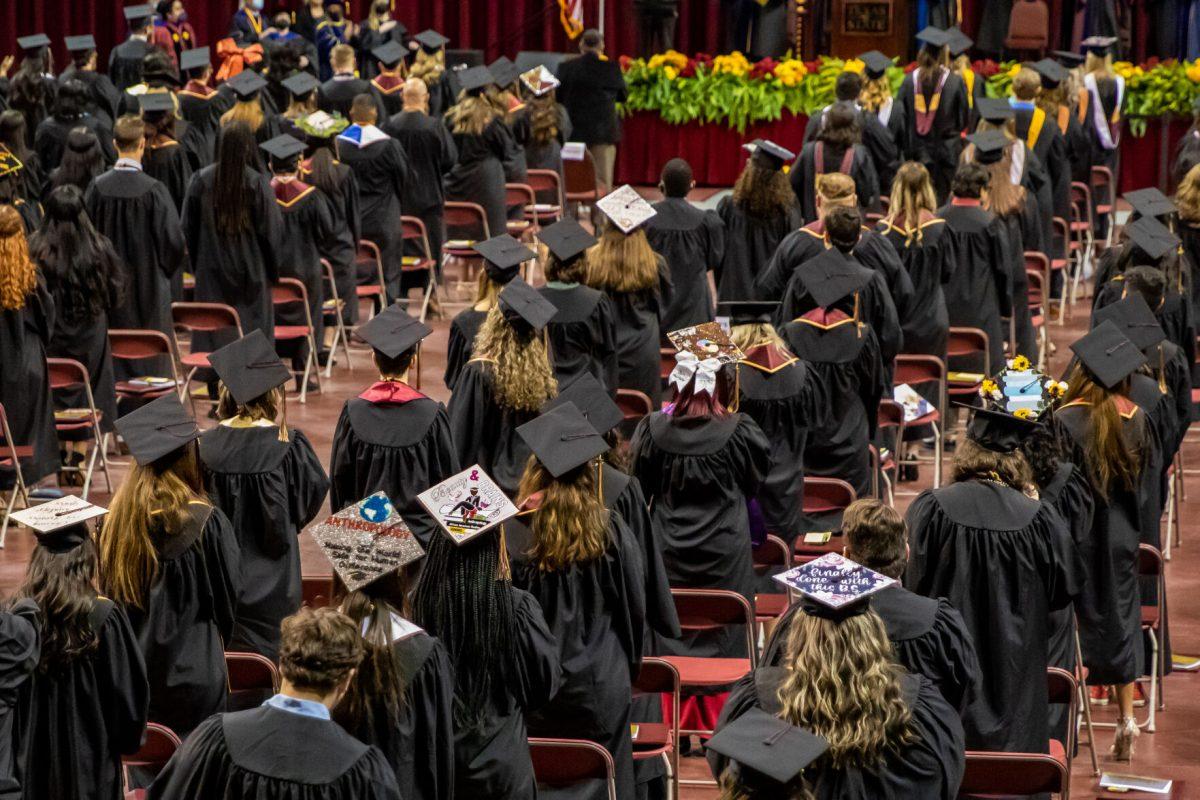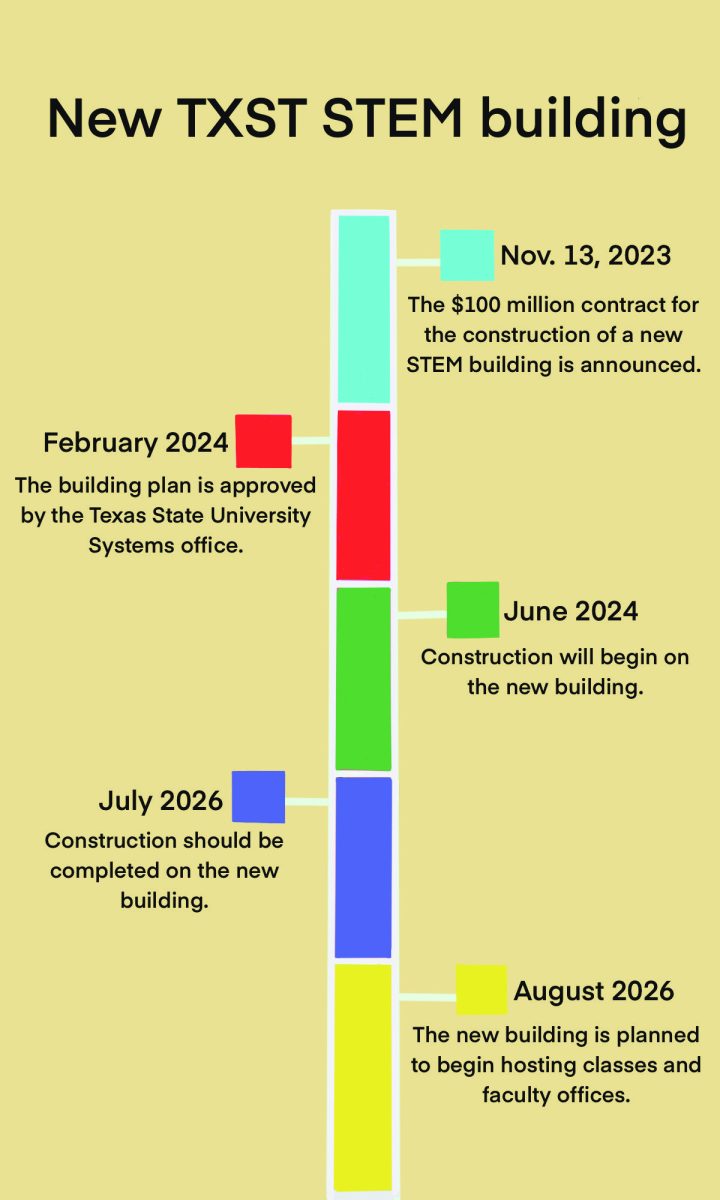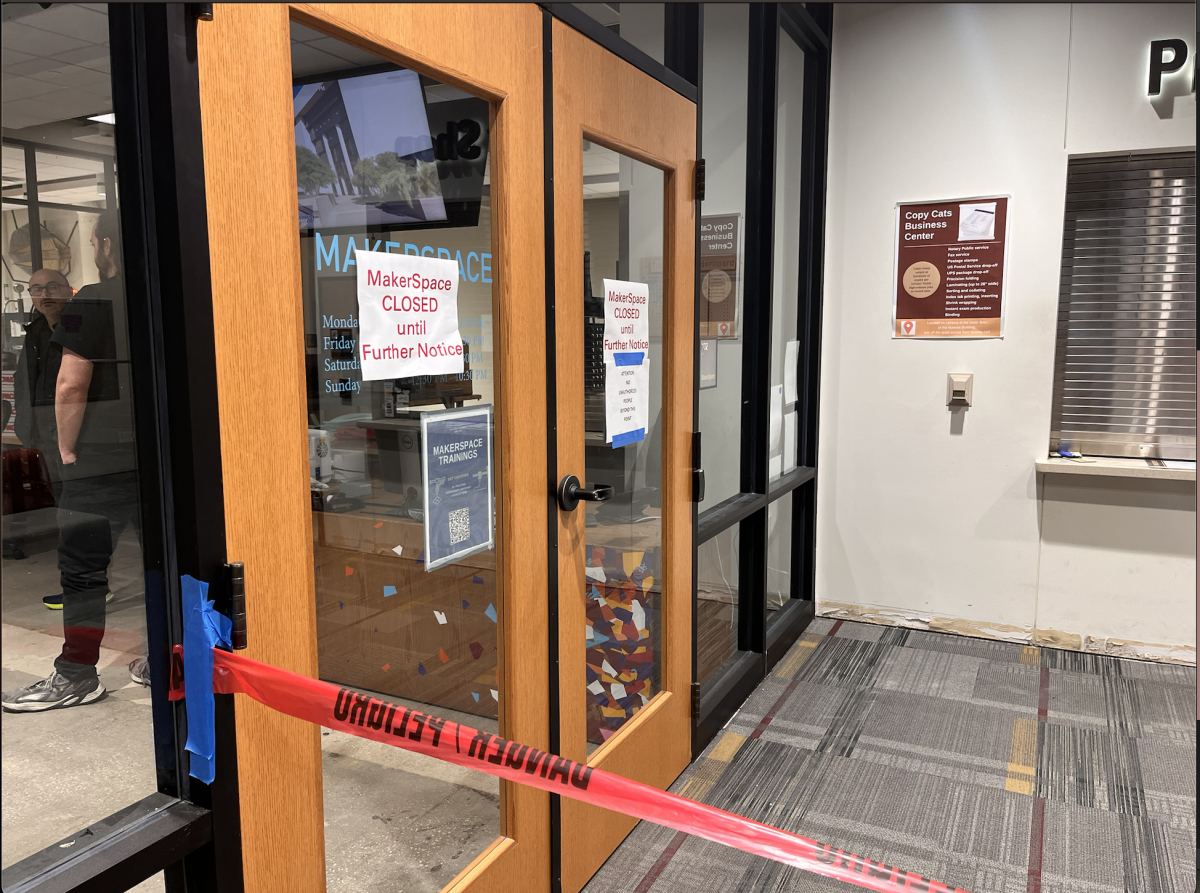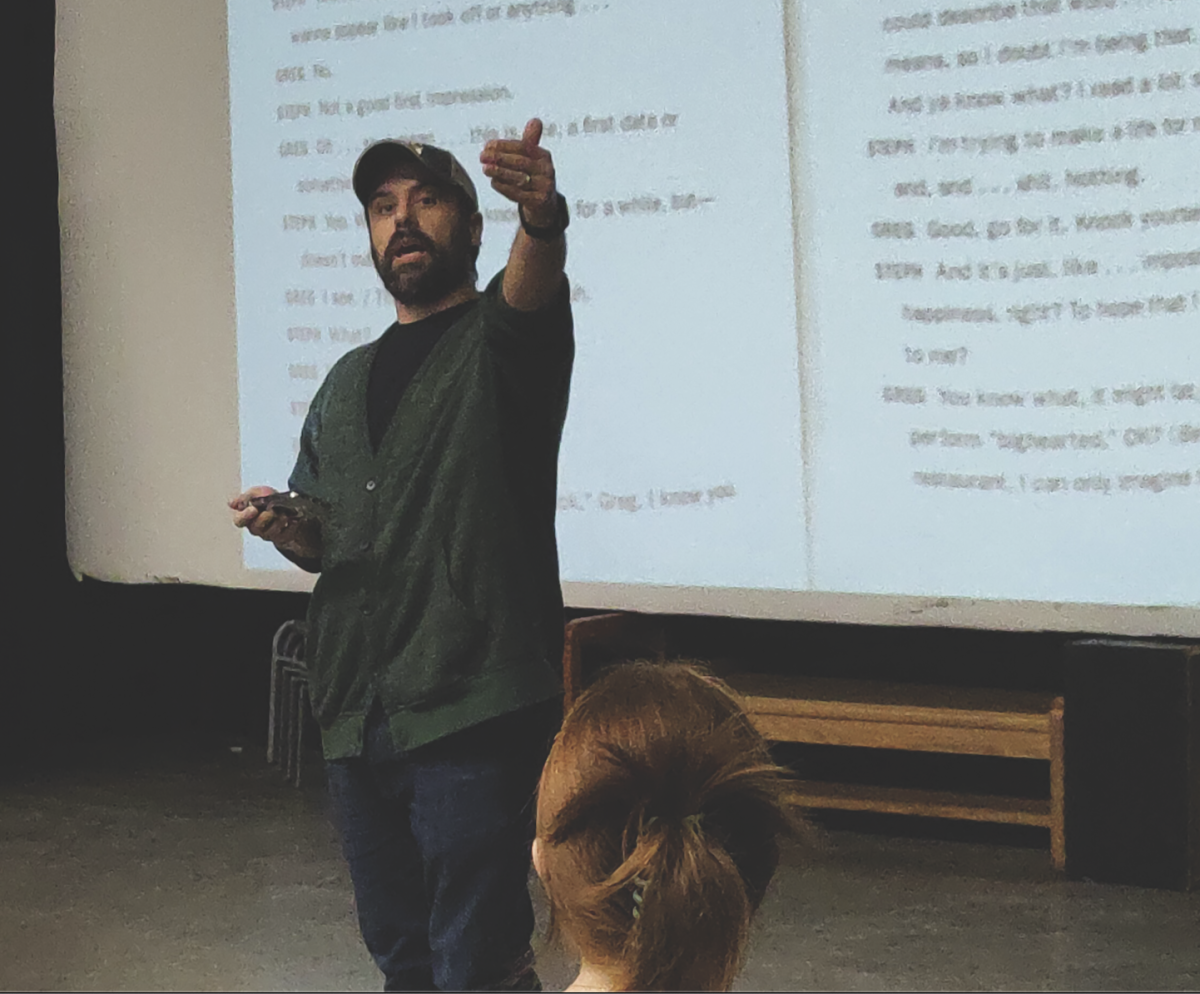An upward trend of Texas State students requesting mental health services has become an issue for the Counseling Center, which lacks the proper resources to administer consistent care with an increased demand.
The Student Health Center and Counseling Center participated in the National College Health Assessment in February 2019.
According to the data collected, four in 10 college students have “good mental health.” Meanwhile, the percentage of students with preexisting diagnoses of depression increased from approximately 9% in 2009 to 20.2% in 2019.
Associate Director of the Texas State Counseling Center Heather Aidala has observed a national increase in students utilizing counseling services. She attributes the increase to the current generation of college students being educated on when to reach out to professionals and not associating a negative stigma to therapy.
Aidala said this increasing trend is both positive and problematic due to the Counseling Center’s inability to provide for the increasing demand.
“We have really been working to destigmatize asking for help, and we have been teaching people to know signs of distress within themselves as well as with their peers,” Aidala said. “We know faculty and staff are (bringing) students (to the Counseling Center) when they are concerned about their mental health, so we have invited people to use these services more, and they are doing it, which is good and also problematic.”
In response to the increased demand for therapy on campus the Counseling Center has looked towards new methods of providing support for students. Some of these alternate techniques include increasing the use of group therapy, bringing on part-time contract staff and online therapy services.
Director of the Student Health Center Dr. Emilio Carranco spoke at the Student Government roundtable last semester about the increase in demand for campus health resources. In addition to advocating for more resources and funding, the university is currently looking for a new counseling center director.
“We are going to be advocating for more resources because there is a huge need,” Carranco said. “Our student survey data from the spring indicates that mental health is one of the biggest needs on our campus, and we don’t have enough resources.”
Although the number of students attending Texas State increases each year, the size of staff at the Counseling Center has remained the same according to Carranco. In the past, students were able to make a same-day appointment with the Counseling Center.
Last September, the Counseling Center experienced an unprecedented increase in demand that caused them to be unable to see walk-ins and make same-day appointments.
In late November, the Counseling Center scheduled “end of semester appointments” for new patients up to three business days later. These appointments analyzed the needs of students and the counselors recommended additional appointments starting in the spring semester, if necessary.
Aidala said the staff size of the Counseling Center tends to be insufficient. Currently there are 13 counselors for over 38,000 students at Texas State.
“It is hard because oftentimes our staffing sizes do not keep up with the increase in utilization,” Aidala said. “So it is two-fold, as student populations increase we are seeing a higher percentage of those students utilizing services. Our ability to provide treatment is impacted.”
According to NCHA data, a large increase in appointments related to mental health was observed by both departments.
The NCHA survey displayed that 2013-2014 the Counseling Center saw up to 4.6% of enrolled students, while 2018-2019 7% of enrolled students received services.
Data collected by the survey determined that the second-most reason for visiting the health center is for mental health-related issues, the first being for the cold. At the Student Health Center in 2013-2014, 14% of appointments specifically provided mental health services, while in 2018-2019 the frequency of these appointments increased to 33%.
The Counseling Center encourages faculty, staff and student leaders to take part in the At Risk Program, teaching them to see the signs of students undergoing mental health problems and understanding the language to address individuals experiencing a mental health crisis.
According to University Police Department Chief Laurie Clouse, officers obtain a mental health peace officer certification: a 40-hour course that police officers take to learn how to identify and assist those in a mental health crisis. Every officer has completed the certification, but UPD is currently operating understaffed by three officers.
As documented by the UPD Crime and Fire Log, there were 28 reported incidents pertaining to mental health classified as Mental Health Investigations, Mental Subject or Mental Transport between Sept. 16 and Nov. 15. As of Jan. 20, UPD has not responded to any mental health-related calls since Nov. 15.
The officers respond to a mental health-related call by recommending the students voluntarily seek counseling treatment or by taking the individual to a mental health facility. Clouse said UPD could improve by following up with the students after initial contact.
“I don’t think that it is any secret that mental health (cases are) increasing; not just on college campuses but in general,” Clouse said.
Clouse also noted that UPD consistently sees an increase in mental health calls in the middle of the semester around midterms.
According to Aidala, the Counseling Center has a collaborative relationship with UPD. If they find it necessary, UPD will bring students into their office hours for evaluation. UPD also serves as the point of contact when the Counseling Center is closed in the evenings or on weekends, assessing the students’ needs and conferring with an on-call psychiatrist to address these cases.
Director of Student Services for Student Government Catherine Wicker, graduate student, said the counseling center lacks funding for the amount of students they see as patients.
“I think the Counseling Center does what they can with the resources that they have, but they need more funding and resources to meet the needs of students,” Wicker said.
In order to adapt to the increasing mental health needs of students on campus, in fall 2019 President Trauth approved a Task Force led by Carranco and Aidala for spring 2020 and onward. The presidential task force will focus on involving the entire campus community on improving Texas State resources and assessing the health and wellness of students.
To learn more about how to approach a friend or family member with concerns of mental health, visit the Counseling Center At Risk website.

